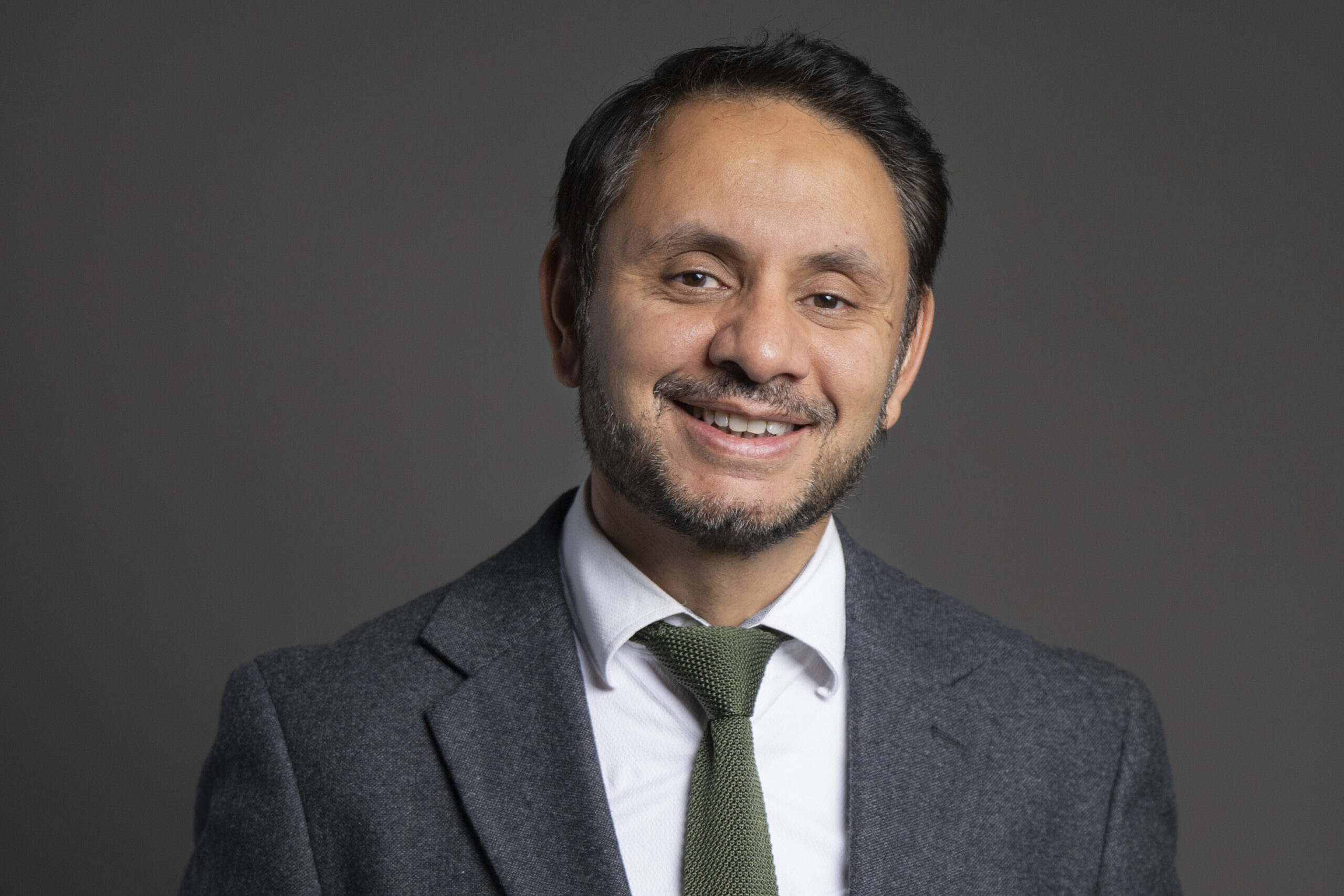I tabled a Bill last week to recognise a Palestinian state. It did not get debated. We ran out of time, a little like what is happening to Palestinians in Gaza and the West Bank. They are running out of time. My bill has been rescheduled for some time later in the year. I am uncertain how many Palestinians will still be existing in Palestine by then. We need to recognise a Palestinian state – and we need to do it now!
The long established Balfour Declaration of 1917 promises British support to establish “a national home for the Jewish people in Palestine” – something even those with a precursory interest in this subject will be familiar. However, a less well-known verse from the Declaration was “nothing shall be done which may prejudice the civil and religious rights of existing non-Jewish communities in Palestine”. In 1948, the non-Jewish Palestinian community suffered a catastrophe (the Nakba) which led to the death, destruction and expulsion of over 700,000 Palestinians. So, while the Balfour intention had been achieved, the caveat has been ignored. And the Palestinians have been struggling for justice ever since.
The lack of justice for the Palestinians and the denial of Palestinians right to self-determination is neither accidental nor benign. It reflects an unwillingness by the powerful nations to see Palestinians as equals. The continuous humiliation and degradation of Palestinians has only been interjected by periods of intense violence against them. And no British government has taken tangible steps to realise a goal that would accomplish what all apparent peace seekers for the area want – a two-state solution. This Labour government is no different from countless others which have adopted the singular and paradoxical policy of advocating a two-state solution, but recognising only one.
The lack of justice for the Palestinians has not made Israel any safer either. We have had major wars involving the neighbouring countries, including Iran, Lebanon, Syria and the entanglement of nuclear superpowers Russia and the USA. More than ever we live in a global village and conflict in one corner of the world can lead to casualties in another.
The conflict in the Holy Land transcends geographical borders. It has impacted the rule-based world order, undermining the UN, the Geneva Convention and international law. In that sense the issue of Palestine is a litmus test for respect for human rights, dignity, international law and mechanisms for peace worldwide. We have rightfully condemned the incursion of Russian troops into Ukraine. And the subsequent outpouring of grief, delivery of £5bn in humanitarian assistance, opening our doors to refugees and £7.8bn in military assistance demonstrated the best of who we are. Yet the same sympathy and support has not been afforded to the Palestinians. The mere wearing of a small pin in solidarity has resulted in children being sent home or threatened with worse. No lighted public buildings, no communications from HR about emotional support for those witnessing live streaming of what international human rights body call a genocide. An equilibrium must be established. We must establish a Palestinian state.
By recognising a Palestinian state, we are not doing them any favours. We are simply facilitating their right. Recognition is grounded in international law, including numerous United Nations resolutions. Today, 146 of 193 countries, including Spain, Ireland and Norway, recognise the state of Palestine. Despite this recognition by three quarters of nations and the UK’s historical responsibility, we as a country have failed to address the issue until today.
A Palestinian state will give the Palestinian people the crucial legal framework to participate in negotiations as equal partners for self-determination and peace. It strengthens their ability to pursue economic development and to participate meaningfully in global institutions. Importantly, it upholds the principle that sovereignty is not a privilege reserved for some, but a right inherent to all peoples. Recognition is an essential acknowledgement of the rights of the Palestinian people to be free and independent. Most significantly, recognition is an essential acknowledgement of our humanity and of our moral and legal obligations.
Palestinian statehood: Not a gift it’s their right

